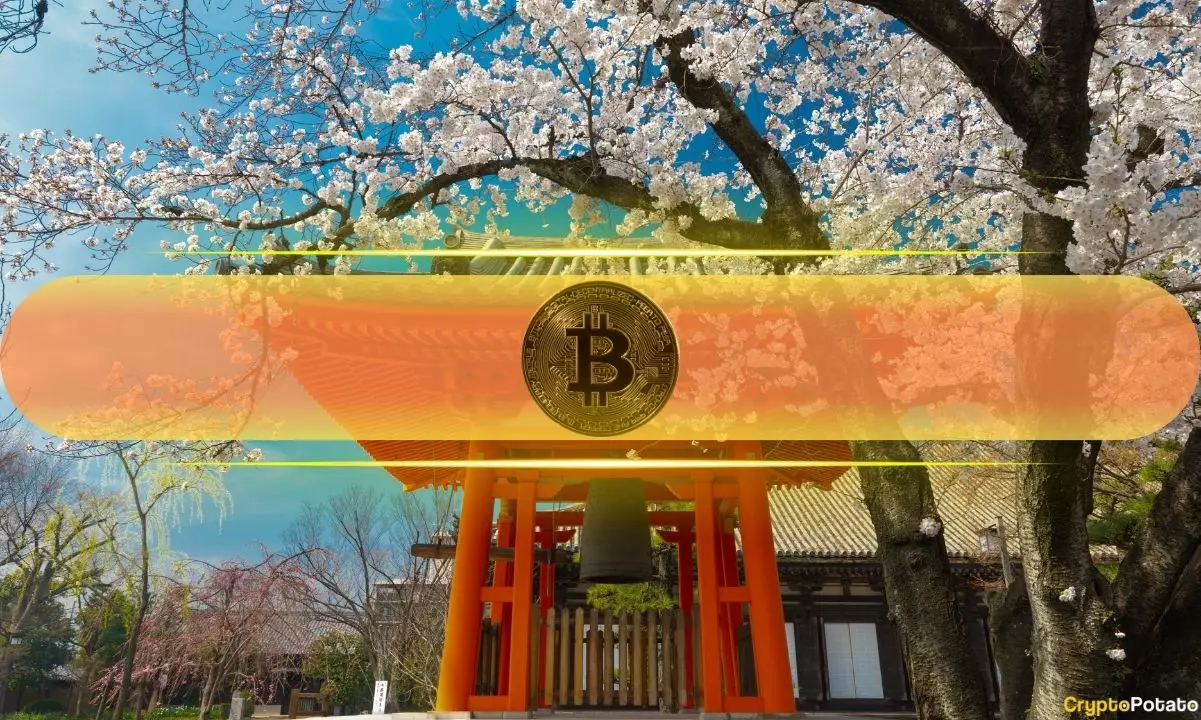Bitcoin is increasingly recognized as a significant asset in international politics, prompting nations to reassess their financial strategies. Amid a worldwide trend favoring crypto adoption, various countries are proactively working to integrate Bitcoin into their national reserves. This initiative could considerably transform how nations exercise financial sovereignty in an age marked by rising economic uncertainty and geopolitical tensions. However, not every nation is on board with this digital transformation. Japan, for instance, has adopted a more cautious stance regarding the incorporation of Bitcoin into its national asset framework.
According to a report from CoinJP, Japan is wary of recognizing Bitcoin as an asset suitable for national reserves. This hesitancy stems from several issues, including concerns related to security, liquidity, and price volatility which Bitcoin is notorious for. The Japanese government has made it clear, in an official statement issued on December 20, that cryptocurrencies such as Bitcoin do not currently fit within the legal framework governing foreign exchange reserves. The administration argues that these reserves are intended to create stability in foreign currency-denominated assets and bond markets, asserting that Bitcoin’s notorious volatility undermines this goal.
Japanese Prime Minister Shigeru Ishiba responded to inquiries regarding potential Bitcoin reserves by indicating that the government is still gathering information on other nations’ strategies, particularly from the United States. Ishiba pointed out that the discussions pertaining to cryptocurrency reserves are in their infancy in many nations, leaving Japan in a dilemma regarding formulating a concrete policy. He cautioned against jumping to assumptions without comprehensive data.
In stark contrast, the United States has begun establishing substantial Bitcoin reserves, with current holdings estimated at 207,189 BTC, valued at approximately $20 billion. This cache has primarily been acquired through asset seizures tied to criminal activities, notably from notorious cases like the Silk Road. Furthermore, President-elect Donald Trump and prominent Republican lawmakers are moving toward advocating for a broader adoption of Bitcoin as a reserve asset, echoing sentiments shared by various states, such as Ohio, which have actively pushed for cryptocurrency initiatives.
Even as Japan maintains its distance from integrating Bitcoin, there are discussions taking place within the country itself regarding potential engagement with this digital asset. The Government Pension Investment Fund (GPIF), which manages assets worth over $1.5 trillion, is looking into Bitcoin as part of its diversification strategy. This shift exemplifies a critical engagement with cryptocurrencies despite the government’s overarching cautiousness.
Other nations, particularly Russia, are beginning to explore the strategic advantages offered by Bitcoin. A recent proposal from Russian lawmaker Anton Tkachev highlighted the potential utility of cryptocurrencies as stable alternatives to conventional currencies. As countries, especially those under economic sanctions, begin to recognize the capabilities of digital currencies, it is evident that Bitcoin is playing a transformative role on the geopolitical stage.
Though Japan currently stands back from the global wave towards cryptocurrency reserves, the future remains uncertain. As the landscape of digital finance continues to evolve, maintaining a cautious approach while exploring potential pathways may ultimately serve Japan in its quest for financial stabilization. The world’s financial systems are undergoing a revolution, and the decisions made now will significantly shape the contours of international finance in the years to come.

